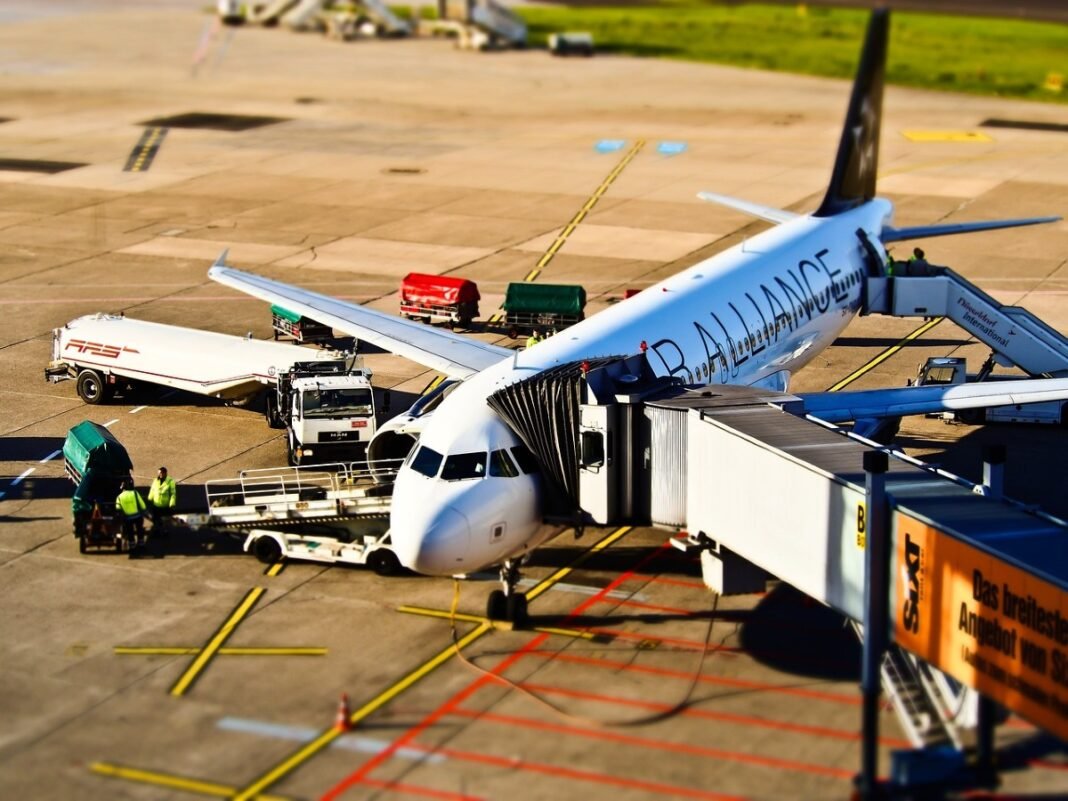Portugal is embarking on the construction of a new international airport in Alcochete, a municipality situated across the River Tagus from Lisbon. This decision, announced by Prime Minister Luis Montenegro, comes after decades of deliberation over the airport’s location. The new airport will be built at the site of a military airfield in Alcochete, approximately 40 km (25 miles) east of Lisbon, and is projected to be operational by 2034.
One of the key motivations behind this development is the need to replace Lisbon’s Humberto Delgado airport, which is located near the city centre. While the new airport is under construction, the government plans to expand the current airport. Prime Minister Montenegro emphasized the government’s view that having a single airport is more aligned with the country’s strategic interests.
The project is estimated to cost up to 9 billion euros ($9.74 billion) and will be financed through a combination of EU funds, public-private partnerships, and airport tariffs, rather than relying on the state budget. The government intends to engage in discussions with airport operator ANA, which is owned by French construction firm Vinci and already holds a concession for a new airport in the Lisbon region.
To improve accessibility between the new airport and Lisbon city centre, the government plans to construct a third bridge across the Tagus river. However, it has not yet been decided whether the bridge will be exclusively for trains or will also accommodate vehicles. This announcement follows several studies and years of indecision, with the tourism industry expressing increasing frustration as Lisbon’s main airport has been operating at full capacity.
Portugal’s tourism sector has experienced significant growth, attracting record numbers of visitors. The first quarter of 2024 saw a peak in foreign visitors staying in Portuguese hotels. Francisco Calheiros, head of the Portuguese Tourism Confederation, expressed hope that this decision would be final and not subject to further government reconsideration, as has been the case in the past.
In addition to the airport project, the government has also committed to constructing a long-awaited high-speed train connection between Lisbon and the Spanish capital, Madrid, by 2034. Currently, there are no direct rail links between Lisbon and Madrid. This ambitious infrastructure plan aims to bolster Portugal’s connectivity and enhance its position as a key player in the European tourism market.





